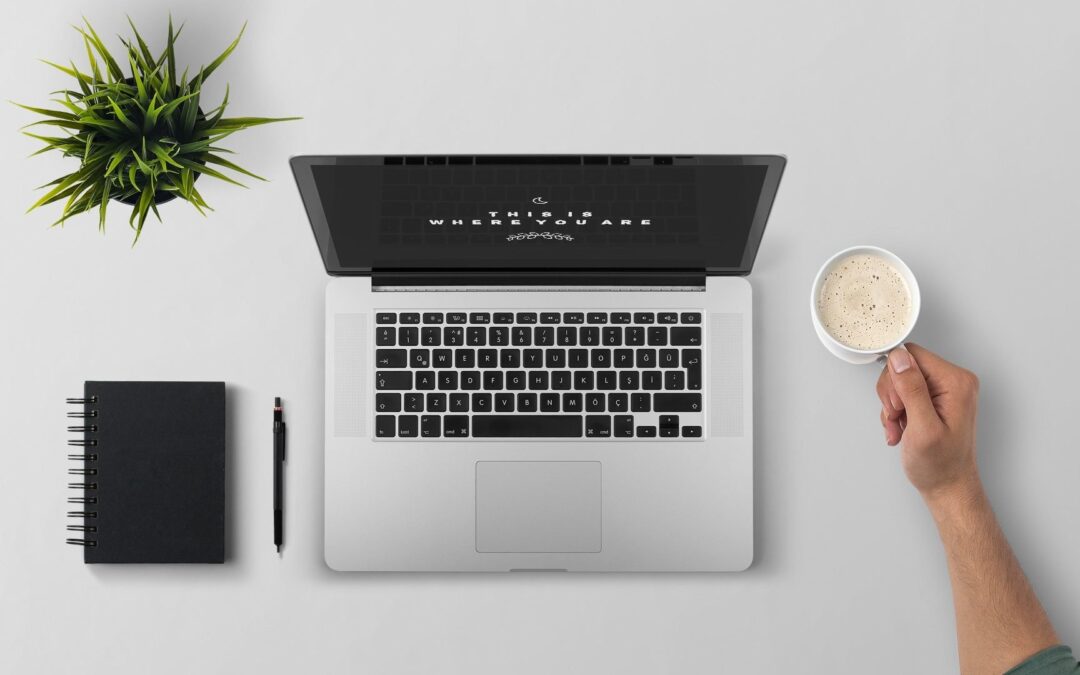The new and novel Coronavirus has turned the world on its head seemingly overnight. We had almost no time to prepare for a world of social distancing, and had no idea the extent to which this virus would disrupt our daily lives. Most of us have, at this point, stocked our cabinets with nonperishables, setup a home office, and communicated a “plan B” with our families, in case something should go awry.
Most of us have also, at this point, come to realization that this may be our new “normal” for a while now.
For those who struggle with depression and anxiety, the pandemic—and all of the changes it’s forced upon us—is undoubtedly making things worse…but not as worse as the fact that, in this new world of social distancing, most therapists are no longer able to meet with their patients in person. While many therapists are still offering virtual appointments—and we highly recommend you take advantage of the opportunity—many people will need more support to cope with the stress of living through a global pandemic.
Here are some online resources to take advantage of if you are struggling with heightened depression and anxiety during the COVID-19 outbreak:
• Virtual therapy sessions. As mentioned above, many therapists have already pivoted their business models to be able to see patients online. Ask your therapist. Maintaining your regular sessions is the easiest way to get the support you need during these unsettling times.
• Specialized online counseling. If your therapist is not offering virtual sessions, there are several reputable online counseling service providers who can help. To find someone who is qualified, fair-priced and matched to your needs, we recommend exploring Talkspace or Online-Therapy, both of which have massive database of vetted counselors with customizable packages for a wide range of mental health needs.
• Join a free support group. We understand that the cost of online counseling may not be in the cards right now, especially if you’re one of the millions who has been laid off of furloughed. The Anxiety & Depression Association of America (ADAA) offers a free support group with anonymous peer-to-peer support for depression and anxiety—there are over 20,000 members, so you’ll find that support is plentiful!
• Take a cognitive behavioral therapy (CBT) class. For a marginal fee, you can sign-up for a class focused on cognitive behavioral theories. We recommend this Udemy course, though there are plenty of similar options.
Remember, whatever route you take to get support for your depression or anxiety right now, there will most likely be a period of adjustment. Evidence shows that online therapy is at least as effective as in-person therapy, but changing a routine is never easy. Be open-minded and have patience. Going into it with a positive attitude is key to success.
Of course, severe or treatment-resistant cases of depression will likely require a more aggressive approach than what a digital solution can offer. If you are in crisis, please call the National Suicide Prevention Hotline at 1.800.273.8255. If you are not in crisis, but struggling to fine hope in these difficult times, please contact our ketamine treatment center and wellness clinic. We may be able to get you started on the path towards recovery.
Contact Evansville Ketamine Center



Recent Comments